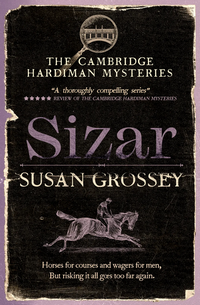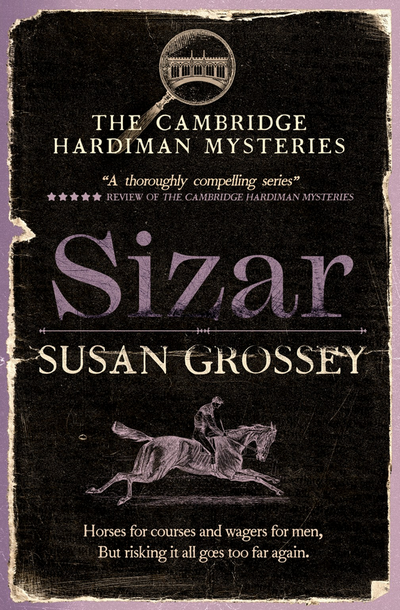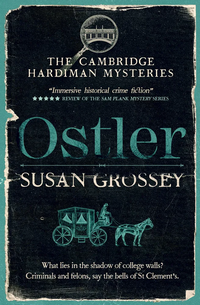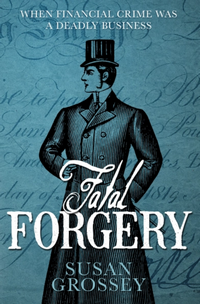 Sizar
Sizar
DETAILS: Series: Cambridge Hardiman Mysteries, #2 Publication Date: December 5, 2024 Format: eARC Length: 292 pg. Read Date: December 2-3, 2024

What’s Sizar About?
A Cambridge student is found hanged, presumably by his own hand. But Master Vaughan calls on Hardiman to look into the circumstances of the suicide—what was it that drove this promising scholar to do this? It’s not long before another student is found dead—and this time it’s clear that someone killed him. This forces everyone to take another look at the hanging—was it self-harm?
Hardiman finds himself out of his depth again—but his determination and level thinking helps him to get at things that others miss or disregard. Soon, he’s looking into a gambling ring, the darker parts of student culture, and what may be a group of conspirators.
The Mystery
It didn’t take too much time to get a real handle on a motive for this. And not much more (or less) to suss out a really strong suspect. With that out of the way pretty quickly, you can focus on Hardiman and his world. How does he try to piece things together, what kind of evidence gets him moving the right way (and what detours does he take).
You also get to soak in the rest of the novel—the other plotlines, arcs, and characters. Grossey gives us a lot to focus on beyond the mystery in this book—and watching Haridman work through it all—false trails as well as the right moves—is better than trying to guess the solution.
Hardiman’s Personal Life
We get some more of the Book Club and library—and that bookstore owner really proves his worth as a friend. Who needs the Internet, apparently, as long as you have a friend who runs a Cambridge bookstore?
Actually, where the first book was largely focused on Hardiman’s day job as an Ostler as well as his investigation, this book focuses on his friends and other associates (while touching on his work a little, too).
It was great to see him like this—with friends, watching relationships develop, talking to the family of the officer he served with in the war—and so on. This aspect of the novel worked really well, it helped him become more than just a wounded vet with a need to expand his vocabulary. This humanized him and helped round him out. It was a good move, and made me like him more.
So, what did I think about Sizar?
The pacing of this is slow and methodical—a lot of that has to do with the era, they don’t have the need to rush that people at the end of the 20th Century/beginning of the 21st have. Also, communication works slowly across a city, or even further. Also, part of that is the slower pace that most (not all) British mystery novels take to investigations.
I understand it, but it bugged me a little. But that’s a personal failing, nothing wrong with the novel.
Even with the historical helps at the end, a lot of university/law enforcement structure makes me stumble (and I hate to take a break from the narrative to go look up facts), but it doesn’t take me out of the story, it’s just momentary “huh?” I’m getting better at is, thanks to the supplemental material Grossey gives. The evolution that these systems re going through at this point aren’t making things easier for me (or are they? I’m not sure).
The whodunit was a bit disappointing, and the why was pretty obvious—but how Hardiman solved things and resolved things, more than made up for that part. Really the procedural aspects are the bigger draws for most readers anyhow when it comes to procedurals. And none of what I said here addresses Grossey’s use of red herrings and twists, and both of those more than make up for what I might say is obvious or disappointing (and can make you doubt yourself a little bit)
Hardiman is a heckuva protagonist in a very interesting world—this is a unique series and one I heartily suggest you check out.
Disclaimer: I was provided with a copy of this book by the author in exchange for this post and my honest opinion.

This post contains an affiliate link. If you purchase from it, I will get a small commission at no additional cost to you. As always, the opinions expressed are my own.
![]()








